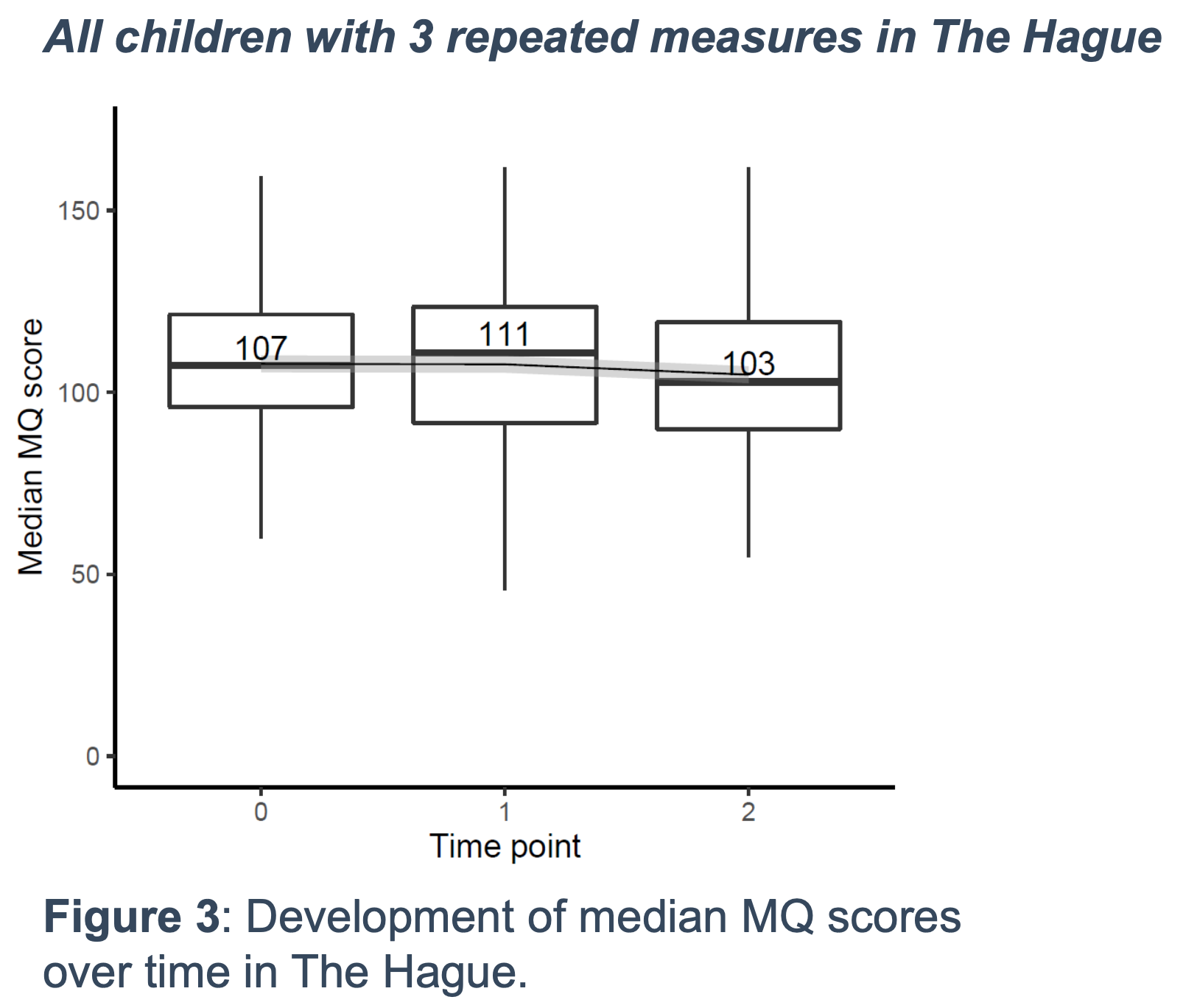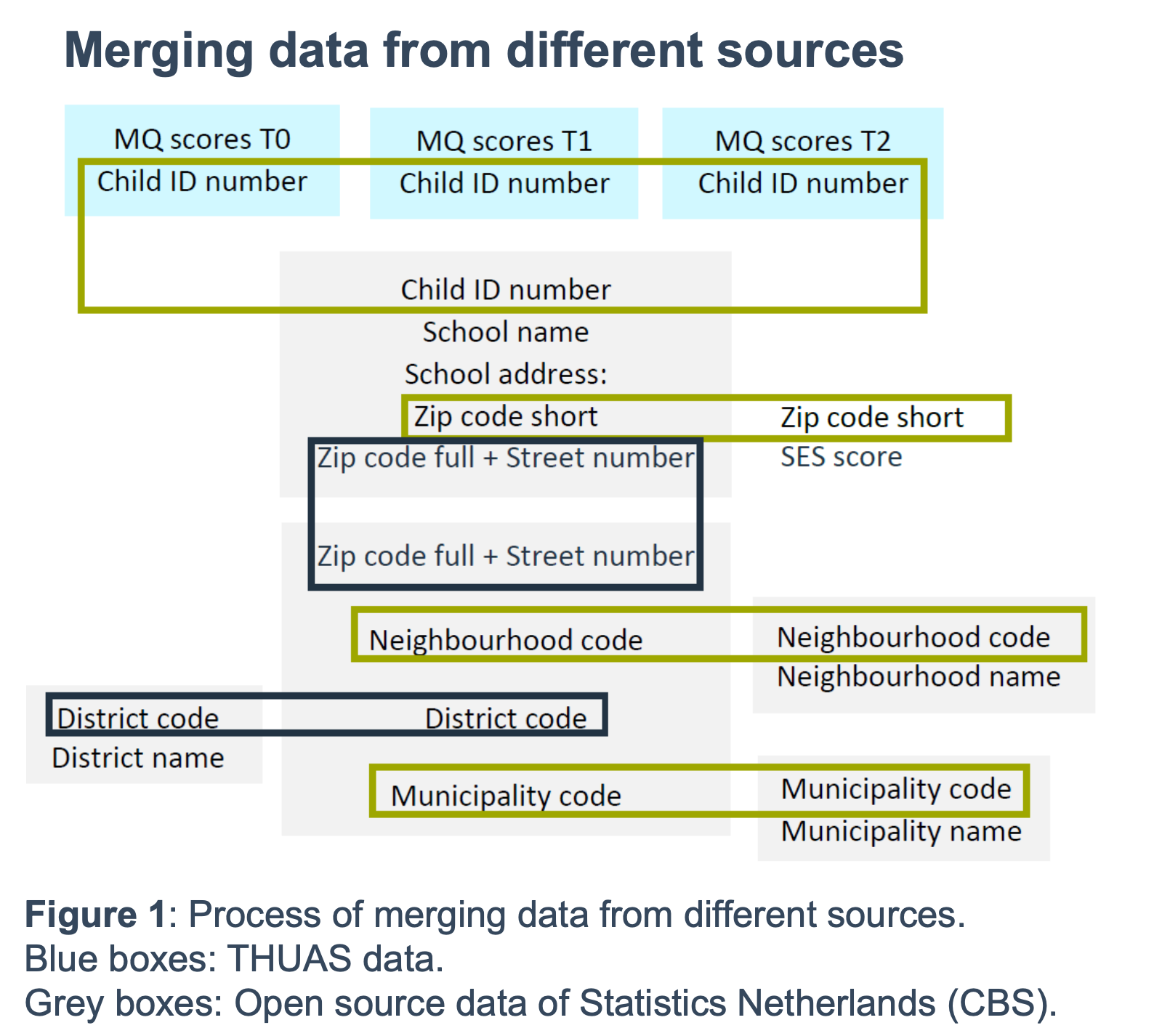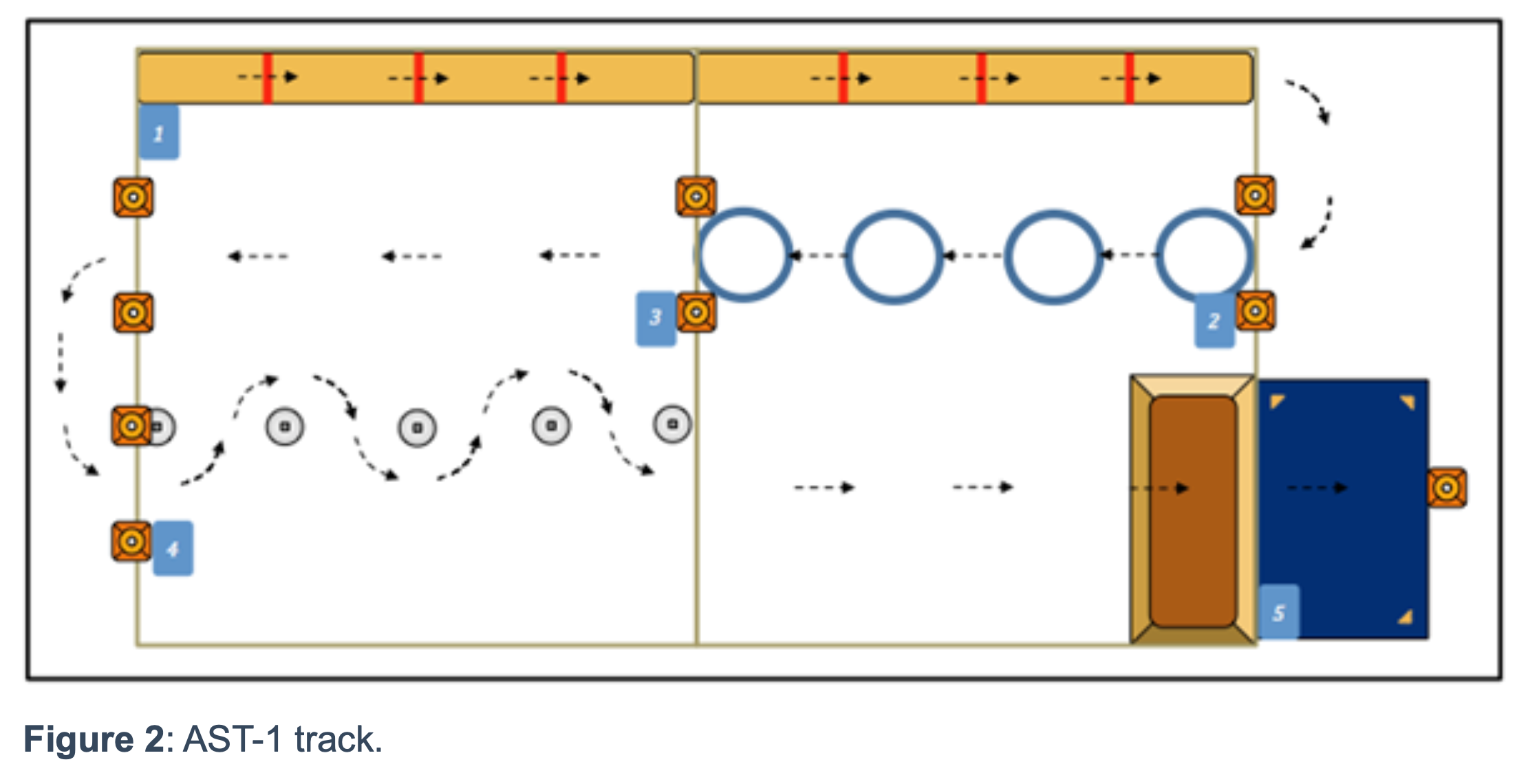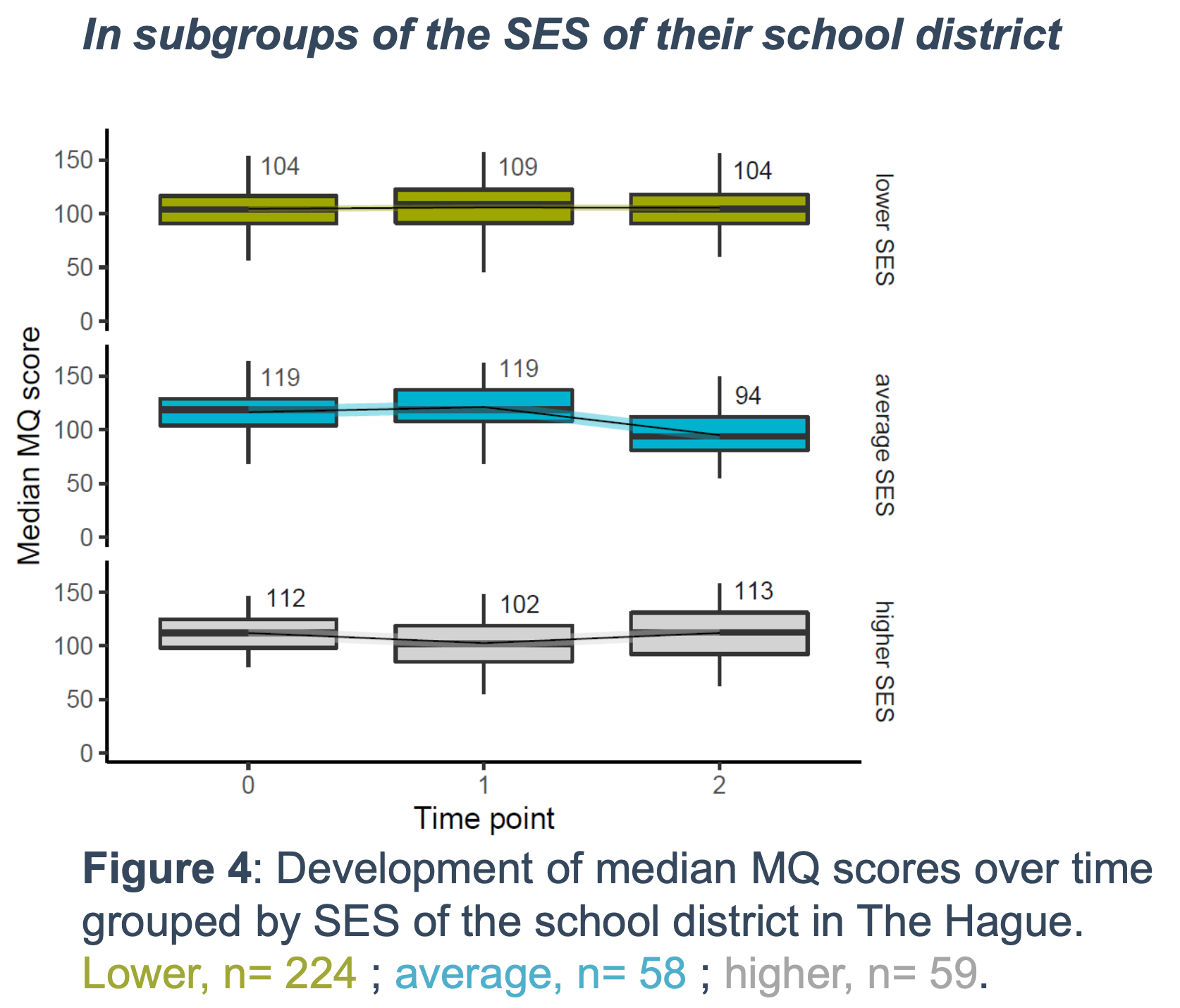Applying data science for Health Innovation
Recently, the Data Science team got involved in Pim Koolwijk’s Project ‘Start(V)aardig’. The aim of this project is to develop a toolbox for professionals supporting them to improve the motor competence of young children. The project provides a rich source of structured and repeatedly measured data. Ester is involved because of her methodological experience. This project is an opportunity for the Data Science team to collaborate closely with the research group Healthy Lifestyle in a Stimulating Environment. Moreover, it contributes to the ambition of our Centre of Expertise Health Innovation to promote a healthy lifestyle.
Public health relevance
- Reduction of socioeconomic health inequalities is a major challenge in The Hague.
- Suboptimal motor competence in early childhood can contribute to an unhealthy and inactive lifestyle later in life.
- A worrisome overall decline in motor competence in primary school children is observed over the past decades.
- Merging individual research data on motor competence to open source data on socioeconomic status (SES) provides an opportunity to explore health inequalities in early childhood.
Measuring motor skills
- At baseline (T0), 530 children aged 4 to 7 years were enrolled in this study in the Hague.
- The motor competence was measured at three consecutive years (T0,T1 & T2) in 341 children (64% of the baseline population).
- Motor skills were measured using the Athletic Skills Track (AST): a reliable, valid, and feasible motor skill assessment tool for children in a physical education setting.
- The track consists of a series of 5 concatenated fundamental movement skills (e.g., rolling, creeping and walking, Figure 2).
- The time that children need to complete the track is converted into Motor Quotient (MQ) scores based on age- and gender-related reference values.
Preliminary results
- The median motor competence of primary school children showed only minor fluctuations over time.
- No clear differences in this development by SES of the school district were observed.

Recommendations
- Enrich SES data of the school district with SES data of the child’s individual household.
- Explore other potential determinants of differences in motor competence development.
- Develop interventions targeting the most discriminating determinants of a decline in motor skills of young children.
Publication:
https://pubmed.ncbi.nlm.nih.gov/38397681/





